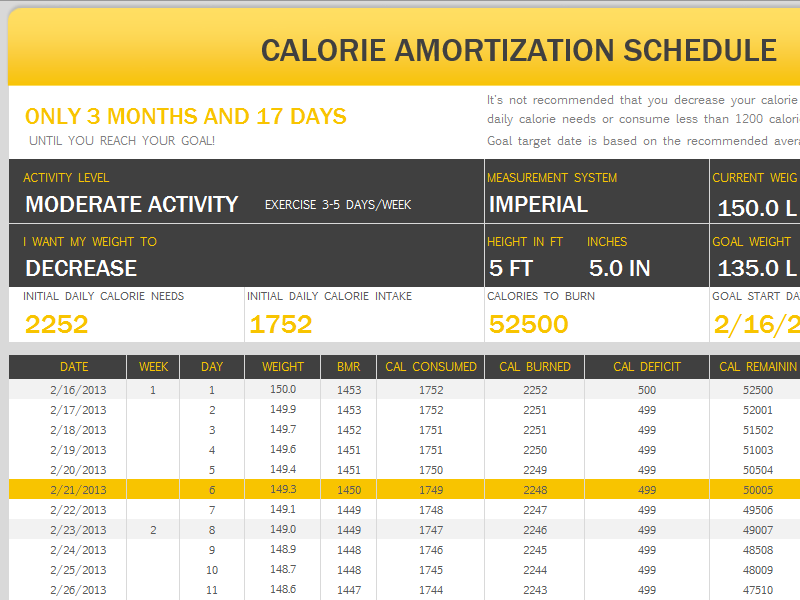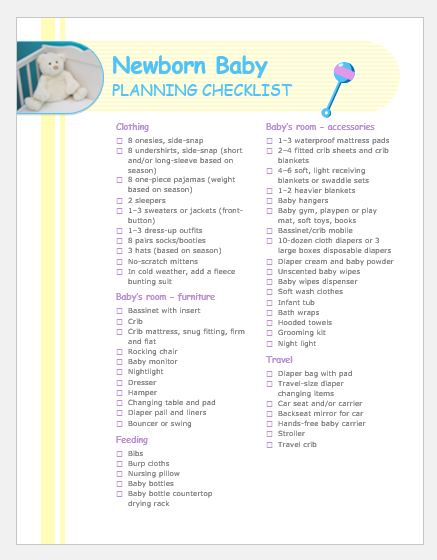What is geriatrics?
Geriatrics is the branch of medicine that deals with the assessment and management of health issues among elderly people. It is based on the aim of making sure that the elderly receive sufficient health care, not just to prevent disease and morbidity but also to provide specialized health care for the elderly when required. It also deals with the social and psychological aspects and problems related to aging.
Geriatrics is quite different from adult medicine, just as pediatrics is different from adult medicine. All three branches of medicine address three different age groups in society, and they have to meet the needs of their specific and targeted groups.
Sub-specialties of Geriatrics
Geriatrics is an umbrella term, and several sub-specialties are included in the title. There is cardio-geriatrics, which deals with the cardiac issues of the elderly.
Geriatric dentistry and dermatology deal with the dental and skin issues of old people. Their teeth and skin are different from all other younger age groups, demanding an entirely different approach to such patients.
Geriatric nephrology and neurology are again specific to the kidney and brain issues of old people. Aging affects almost all the organs of the body, and their natural physiology is altered. Adult medicine fails at many levels in addressing the needs of the patient, including management if the person at the other end is elderly.
Other sub-specialties of geriatrics are geriatric oncology, rheumatology, geriatric urology, orthogeriatrics, geriatric ophthalmology, geriatric gynecology, geriatric pain management, geriatric nutrition, and geriatric psychology.
What is the geriatric assessment form?
A geriatric assessment form is a medical form used for basically knowing the history of elderly patients. This form is often used by hospitals whenever an old patient arrives for an emergency or regular visit. It is also utilized in old age nursing homes, where individual details of the elderly residents have to be filled in for smooth living without any unpleasant events.
What information is mentioned in a geriatric assessment form?
The geriatric assessment form, as mentioned earlier, gathers all the information about an elderly patient for later use and reference. Let’s have an insight into the form to get a better idea of the form.
- The name of the patient, age, date of birth, sex, and insurance number are written in the introduction. It also includes the information of the primary caregiver, whoever it is. Weight and height are also mentioned for medical purposes.
- The present complaints of the patient are mentioned at the beginning, followed by the past medical and surgical history.
- Similarly, a history of allergies, drug reactions, and blood transfusions and reactions is also mentioned in the form.
- If the elderly patient is using a hearing aid, a pacemaker, or any other assisting device, its information is important to mention.
- It is advised to the person who fills out the form to assess the signs of neglect or abuse on the patient because it is very commonly seen in old people, especially by their immediate caregivers.
- In the end, a Performa is filled out, asking about the activity level, memory assessment, and behavior assessment of the patient.
No. of pages = 3
- Nursing Documentation Templates
- Letters for being Unfit to Travel
- Mental Health Evaluation Forms
- Forms Used by Pediatricians
- Various Forms Related to Pregnancy Verification
- Common Forms Used by ENT Specialists
- Patient Registration Confirmation Messages
- Quotation Letter for Medical Services
- Mental Health Letter by Doctor
- Excuse Letter for Absence due to Medical Checkup
- Response Letter to Feedback on Improvement in Hospital
- Letter to a Mother Who Miscarried
- Patient Feedback Letter Complaining on Issues or Incidents
- Letter to Family about Miscarriage
- Patient Constructive Feedback Letter for Quality Care Improvement



